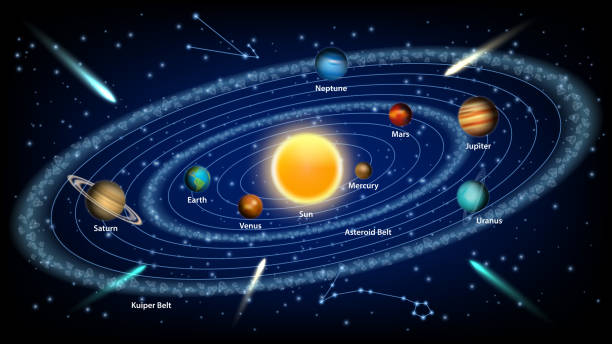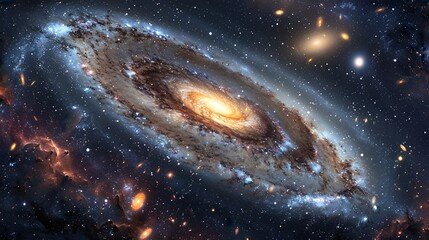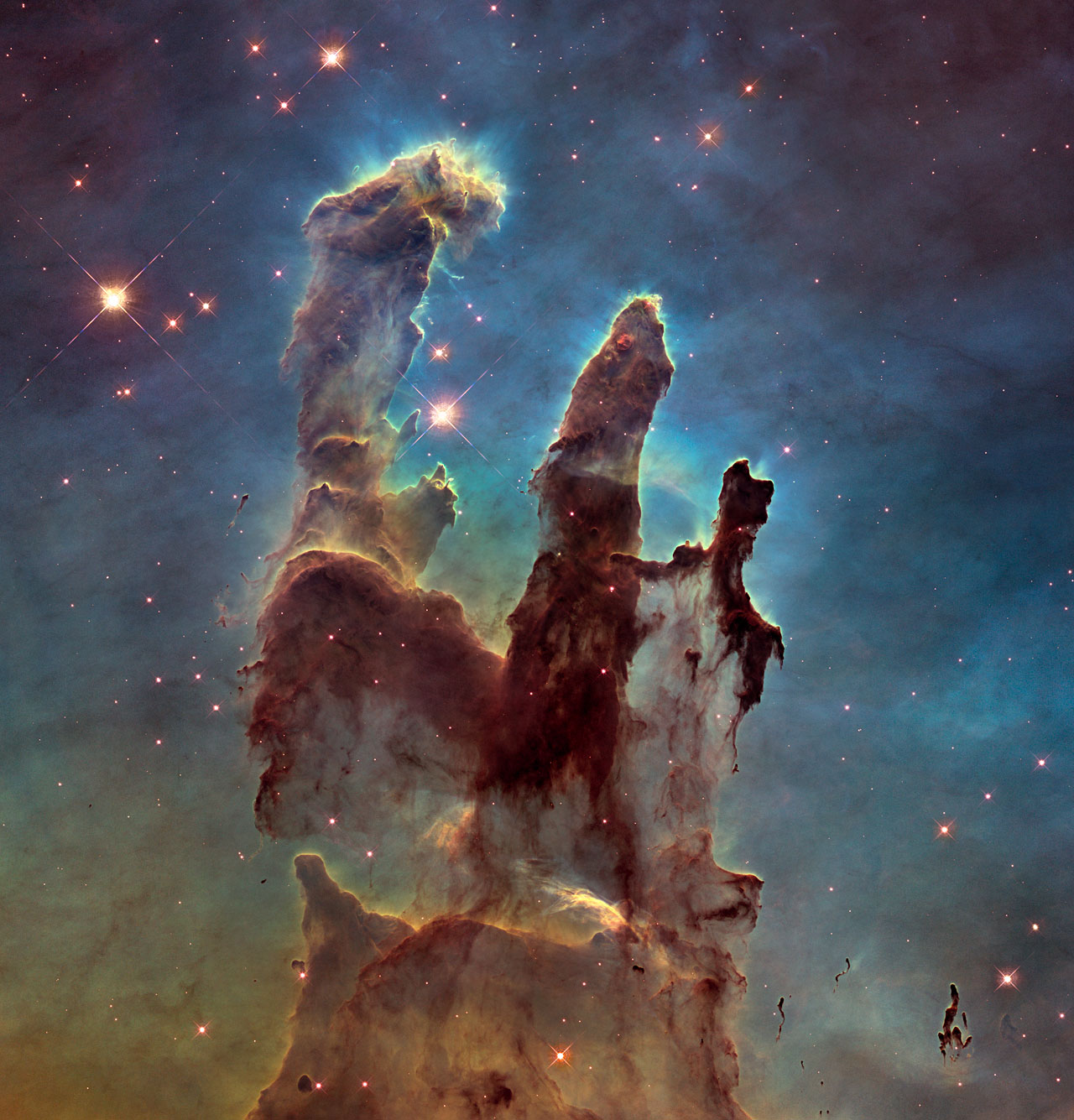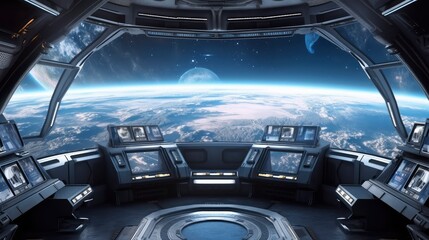The Planets And Their Moons

9/10/16
MERCURY
Here is an explanation that gives one of the reasons
why ancient astronomers believed that the Earth was the center of the Universe
So maybe we should cut those ancient guys some slack?
permanent link
(click here first, then copy from address bar above)
The Milky Way

11/28/16

Our solar system is around 20 years old ...
in galactic years
(calm down "Young Earth Creationists" - that did not help your case)
When we calculate the Earth's age,
we do so by counting the Earth's trips around the Sun.
To be consistent, the age of our solar system
should be calculated in the same manner
(how many times our solar system has orbited the galactic center);
not by how many times one planet has circled its star
during our solar system's existence.
However, that second calculation is far more useful to us
and better helps us to understand our universe.
permanent link
(click here first, then copy from address bar above)
The Universe

8/1/19
Albert Einstein

The Cosmological Constant
Einstein's "greatest blunder" was not because he included it in his equation
(because it turned out to be real after all)
but in not recognizing ...
what it meant (6:03)
He assumed a static universe, and that bias denied him his greatest triumph.
He would have been granted the status of a God
had he predicted the expanding universe that Hubble discovered ...
less than a decade later.
permanent link
(click here first, then copy from address bar above)
2/24/13
Brian Cox explains the Universe (51:29)
Fantastic video, but with one tiny little slip:
5 minutes before the end he says that the light from the Recombination
(the Cosmic Microwave Background Radiation)
has been traveling for 13.7 billion years.
Then he thought he had made a mistake and said that he meant
that the light had been traveling 13.4 billion years.
He was actually correct the first time
because 300,000 years from 13.7 billion is 13.7 billion
not 13.4 billion (he obviously subtracted .3 billion instead of .3 million).
Given the superb quality of his lecture though ...
I think we can cut him some slack on that one.
(Note: recently scientists have refined the age of the universe to 13.8 billion years)
permanent link
(click here first, then copy from address bar above)
Exploration of Space

11/24/15
Look at what those crazy little apes are up to now ...
UPDATE
The next video shows the next launch.
Not only was the test of the escape pod successful,
but the booster returned to Earth and landed ... upright.
The video is 1 hour and 1 minute long.
For those of you with ADHD (like me),
the countdown begins at 51 minutes.
permanent link
(click here first, then copy from address bar above)
4/29/15
Due to the vast distances between stars
(it would take 75,000 years just to get to the nearest star)
I had pretty much resigned myself to the belief that,
though we might send spacecraft to other solar systems,
humans would likely be confined to living in just our solar system.
However, thanks to recent advances in technology
(like EM drive -
if it proves to be feasible)
the trip might be reduced to about 100 years. So ...
It looks like we may be going to the stars after all
permanent link
(click here first, then copy from address bar above)